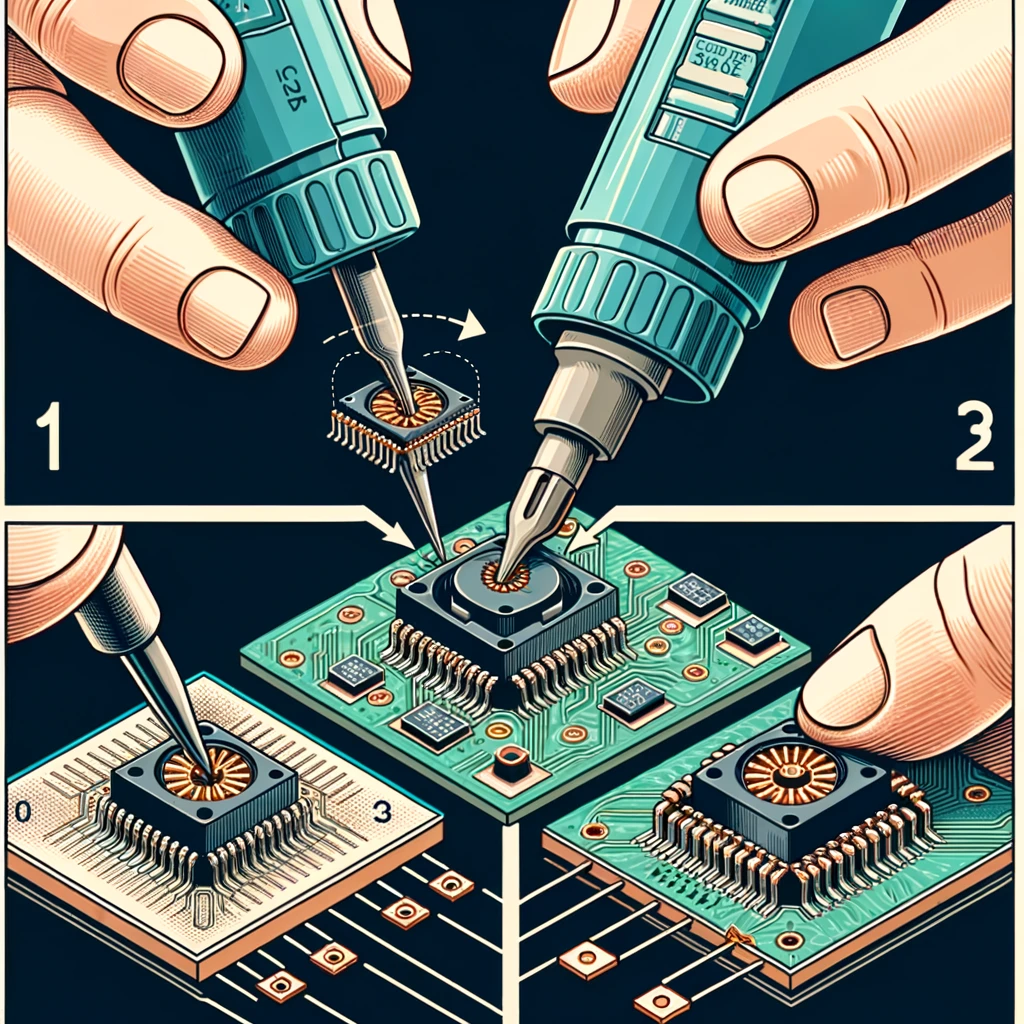Photosynthesis & Respiration
1/44
There's no tags or description
Looks like no tags are added yet.
Name | Mastery | Learn | Test | Matching | Spaced | Call with Kai |
|---|
No analytics yet
Send a link to your students to track their progress
45 Terms

Photosynthesis
The process by which green plants and some other organisms use sunlight to synthesize foods with the help of chlorophyll, converting carbon dioxide and water into glucose and oxygen.


Light-dependent reactions
Reactions that occur in the thylakoid membrane of chloroplasts during photosynthesis. They require light energy to convert ADP and NADP+ into ATP and NADPH, respectively. These reactions also produce oxygen as a byproduct.
Light-independent reactions (Calvin cycle)
The series of chemical reactions in photosynthesis that convert carbon dioxide into glucose molecules. It occurs in the stroma of chloroplasts and does not require light energy. The cycle involves three main steps: carbon fixation, reduction, and regeneration of the starting molecule.
Carbon fixation
The process of incorporating carbon dioxide into organic compounds during the Calvin cycle of photosynthesis.
Factors Affecting Photosynthesis
Various environmental conditions, including light intensity, temperature, carbon dioxide concentration, and water availability, that influence the rate of photosynthesis in plants.
Production of oxygen
One of the significant outcomes of photosynthesis, where oxygen is released as a byproduct during the light-dependent reactions.
Leaf adaptations
The specialized adaptations of leaves, such as their shape, size, and arrangement, that optimize the absorption of sunlight for photosynthesis.
Chloroplast distribution
The strategic arrangement of chloroplasts within plant cells to maximize exposure to light for efficient photosynthesis.
Stomatal control
The regulation of stomatal openings in plant leaves to control the exchange of gases, including carbon dioxide and oxygen, for optimal photosynthesis.
Cyanobacteria
Photosynthetic prokaryotic organisms that can carry out photosynthesis similar to plants and algae, playing a crucial role in Earth's ecosystems.
Photon
A packet of light.
Chlorophyll
The light-absorbing green-coloured pigment that begins the process of photosynthesis.
Chloroplast
A membrane-bound organelle in green plant and algal cells that carries out photosynthesis.
Stroma
The protein-rich semiliquid material in the interior of a chloroplast.
Thylakoid
A disk-shaped sac in the stroma of a chloroplast.
Grana
Stacks of tylakoids.
Lamellae
Groups of unstacked thylakoids between grana.
Thylakoid Membrane
The photosynthetic membrane within a chloroplast that contains light gathering pigment molecules and electron transport chains.
Thylakoid Lumen
A fluid-filled interior space enclosed by the thylakoid membrane.
ATP
A molecule containing three high energy phosphate bonds that acts as the primary energy-transferring molecule in a living organism.
ADP
A molecule containing two high-energy phosphate bonds that may be formed by breaking one of the phosphate bonds in ATP.
NADP+
A compound that accepts one hydrogen atom and two electrons forming NADPH; it is an electron acceptor.
NADPH
A compound that donates one hydrogen aton and two electrons to another molecule, to reform NADP+; it is an electron donor.
Light-dependent reactions
reactions of photosynthesis that use energy from light to produce ATP and NADPH
Carbon Fixation
The process of incorporation CO2 into carbohydrate molecules.
Calvin Cycle
A cyclic set of reactions occurring in the stroma of chloroplasts that fixes the carbon of CO2 into carbohydrate molecules and recycles coenzymes.
Light-independent reactions
The second set of reactions in photosynthesis that do not require light.
Photosystem
A cluster of photosynthetic pigments embedded in a thylakoid membrane of a chloroplast that absorbs light energy.
Electron Transport Chain
A series of progressively stronger electron acceptors; each time an electron is transferred, energy is released.
Photolysis
A chemical reaction in which a compound is broken down by light.
Oxidation
A reaction in which an atom or molecule loses electrons.
Reduction
A reaction which an atom or molecule gains electrons.
Chemiosmosis
A process for synthesizing ATP using the energy of an electrochemical gradient and the ATP synthase enzyme.
Photosynthesis Equation
6CO2 + 6H2O + Energy -> C6H12O6 + 6O2
Formula for Glucose
C6H12O6
Chemical Bonds
Where energy is stored in photosynthetic organisms.
Short wavelengths have...
High Energy.
Number of molecules used in the Calvin Cycle?
6 Molecules.
Raw Materials in photosynthesis?
Carbon dioxide and Water.
Molecule of immediate energy?
ATP.
What are the products of 'Light-Dependent' reactions?
ATP, NADPH and O2.
Oxidation
Process in which an atom, ion, or molecule loses electrons, resulting in an increase in its oxidation state.
What does chlorophyll do to green pigment?
Chlorophyll is the green pigment found in plants. It absorbs sunlight during photosynthesis, converting it into chemical energy. This energy is used to produce glucose, which fuels plant growth and development. Chlorophyll plays a crucial role in capturing light energy and is responsible for the green color of leaves.
Where does the Calvin Cycle occur?
The Stroma
Electron Transport Chain
Process in cellular respiration where electrons from NADH and FADH2 are transferred along a series of protein complexes embedded in the inner mitochondrial membrane. This generates a proton gradient, which drives ATP synthesis.